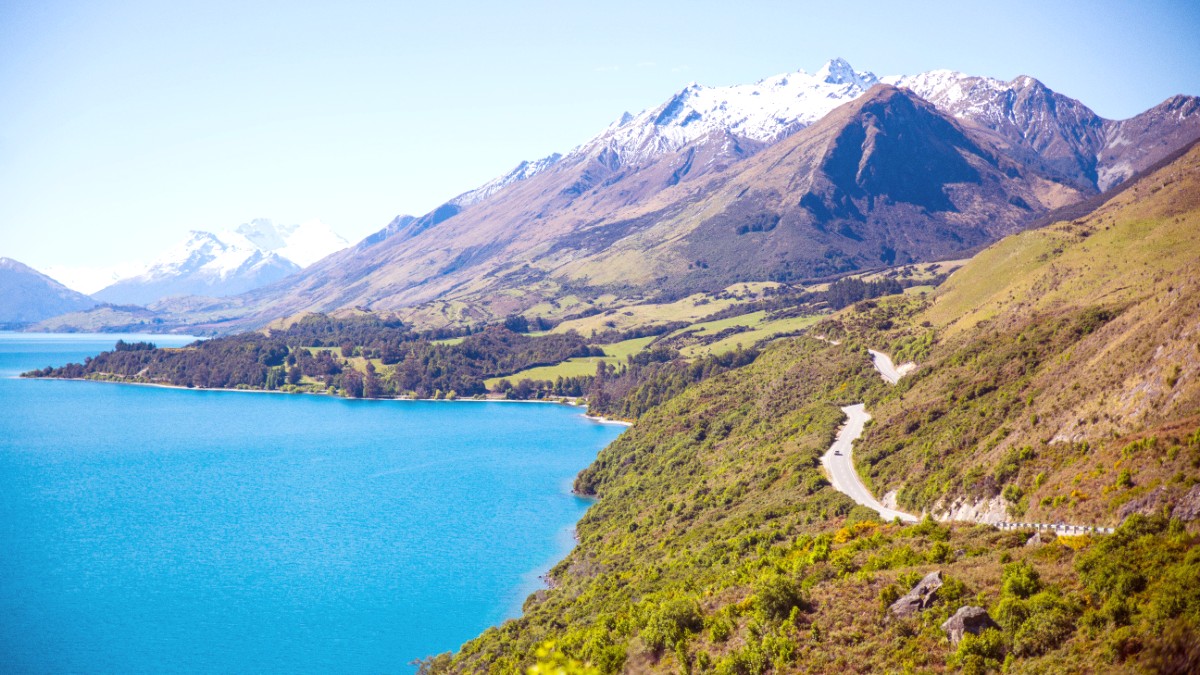
Queenstown And Wanaka, New Zealand
Queenstown sits amidst national parks (Fiordland, Mount Aspiring). The Department of Conservation (DOC) protects unique ecosystems. Adhere to park rules, stay on marked trails.
New Zealand prioritizes recycling. Locate marked bins for plastics, paper, glass, and cans. Minimize waste with reusable items (water bottle, shopping bag, coffee cup).
Water conservation matters, especially in dry summer months. Take shorter showers and avoid excessive water usage. Report any leaks you observe.
Further insights into minimizing your impact on Queenstown's beautiful surroundings.
Many airlines flying to and from New Zealand present carbon offset programs. Consider contributing to these or local environmental groups.
Look for accommodations with environmental certifications (e.g., Qualmark's Enviro rating). Select tour operators highlighting sustainability practices.
Consider using sustainable outdoor gear to align with responsible travel practices. Reduce your footprint by choosing consciously.
Directly contribute to New Zealand's conservation efforts. Every small contribution supports the protection of unique ecosystems and species.
Discover more about sustainable travel in New Zealand.
Ecobnb for eco-friendly staysYour choices as a traveler contribute to Queenstown's environmental health. Small actions collectively create a positive outcome.
This section highlights cultural preservation and respectful interaction during your visit.
Support initiatives that preserve Māori culture and heritage. This involves visiting cultural centers or purchasing authentic Māori arts and crafts.
Respect Māori traditions and customs. If invited to a marae (Māori meeting ground), follow the protocols explained by your hosts.
When visiting churches or other places of worship, dress respectfully (e.g., cover shoulders and knees) and maintain quiet. Be mindful of ongoing services.
Do not touch cultural artifacts without permission. Rugby is a national passion; positive engagement about the All Blacks is often appreciated.
Confirming your visit creates a positive economic impact for the local community. Support local businesses and ethical practices.
Dine at local restaurants and cafes, not just international chains. This supports local employment.
Purchase souvenirs from local artisans, not mass-produced items. Look for 'Made in New Zealand' labels.
For pounamu (greenstone), confirm it is ethically sourced and carved by legitimate Māori carvers.
Support local businesses and choose experiences that directly benefit the Queenstown community. This helps keep money within the region.
Further details on how your travel choices contribute to the local economy.
Seek out smaller, locally-owned businesses and experiences. These often present more authentic interactions directly benefiting the community.
Purchase souvenirs and gifts from local artisans and craftspeople. Choose items with 'Made in New Zealand' labels.
Book tours and activities directly with local operators or through local information centers. This helps local businesses directly.
Take all your rubbish with you, pack out what you pack in. Dispose of waste properly in designated bins.
Keep to marked trails to protect sensitive ecosystems and prevent erosion. Do not create new paths.
Observe wildlife from a distance. Do not feed animals or remove natural items (plants, rocks, shells).